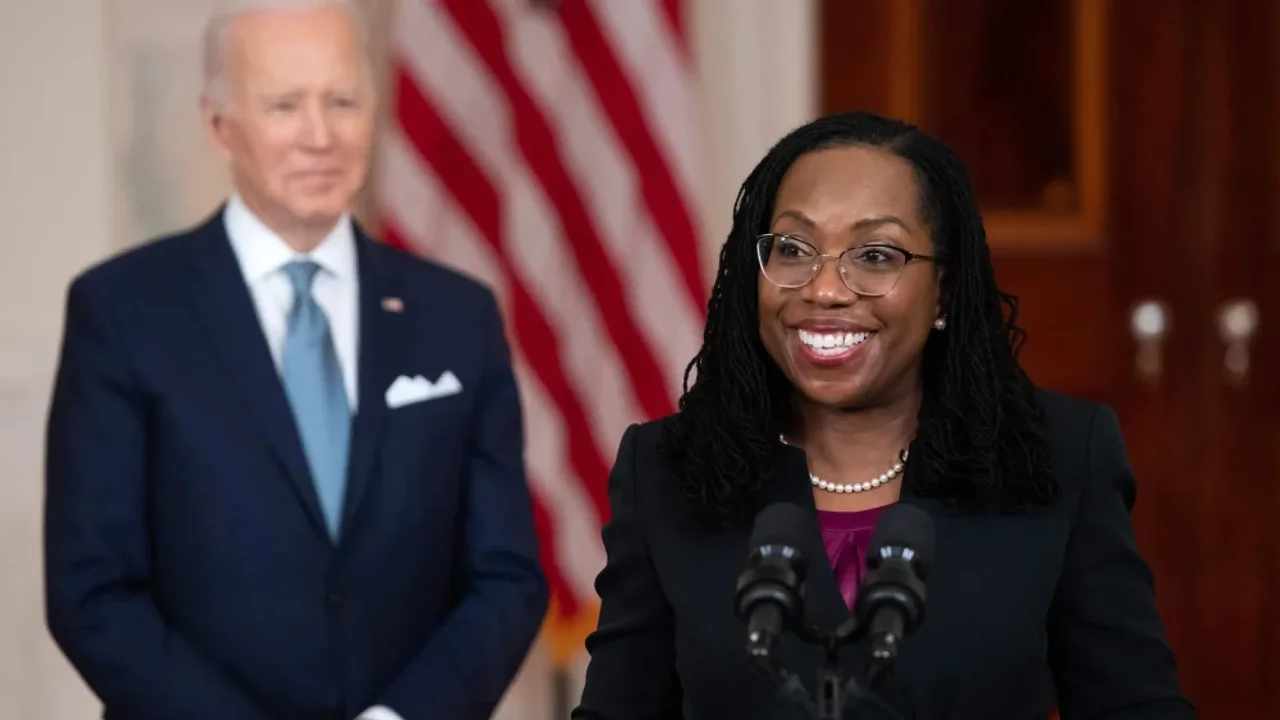President Joe Biden’s judicial appointments are making waves in his final weeks in office. With the confirmation of Judge Tiffany Johnson to the Northern District of Georgia this week, Biden has now appointed 40 Black women to lifetime federal judgeships—more than any president in U.S. history, according to The Leadership Conference on Civil and Human Rights.
This milestone is particularly significant in a judiciary long criticized for lacking diversity. However, with a divided Congress and the prospect of a second Trump presidency, Biden’s picks could serve as a critical counterweight to policies that might target civil rights and marginalized communities.
But as Biden prepares to leave office, pressing questions remain about the lasting impact of these appointments and the challenges of maintaining progress in the face of political opposition.
In total, Biden has appointed 62 Black judges, the most by any president in a single term, according to The Leadership Conference on Civil and Human Rights. Among these appointments are historic firsts, such as Tiffany Cunningham, the first Black judge on the U.S. Court of Appeals for the Federal Circuit, and Dana Douglas, the first Black woman on the U.S. Court of Appeals for the Fifth Circuit.
Approximately 40 percent of Biden’s confirmed Black judges come from diverse professional backgrounds, including civil rights lawyers, public defenders, and others who have dedicated their careers to protecting civil and human rights. “Even before taking office, President Biden signaled to the Senate that he wanted to make sure that people who had been historically excluded from our judiciary were included,” said Lena Zwarensteyn, senior director of the fair courts program at the Leadership Conference, in an interview with NBC News. “This isn’t just about fairness—it’s about better decision-making and restoring public trust.”
Zwarensteyn explained, “The research shows that when you have more judges with different perspectives—because they’ve worked on different types of issues or come from different communities—it improves decision-making and certainly boosts trust in these institutions. So, ensuring that we have fair-minded judges at all levels is really important.”
Biden’s most visible judicial appointment, Justice Ketanji Brown Jackson, made history in 2022 as the first Black woman to serve on the Supreme Court. Her confirmation was a defining moment of Biden’s presidency and underscored a campaign promise to create a more inclusive judiciary.
While Biden’s record-breaking numbers are notable, they also highlight a stark contrast with his predecessor.
Donald Trump appointed only two Black women to the federal judiciary during his first term. In comparison, President Barack Obama appointed 26 Black judges over his eight years in office and former President Jimmy Carter, a previous benchmark for diversifying the bench, appointed 37 Black judges during his presidency.
As Trump prepares for his second presidential term, with vows to dismantle key agencies like the Justice Department’s Civil Rights Division, Biden’s Black judicial appointees could become pivotal in defending civil rights, voting protections and other democratic norms that may be under threat.







